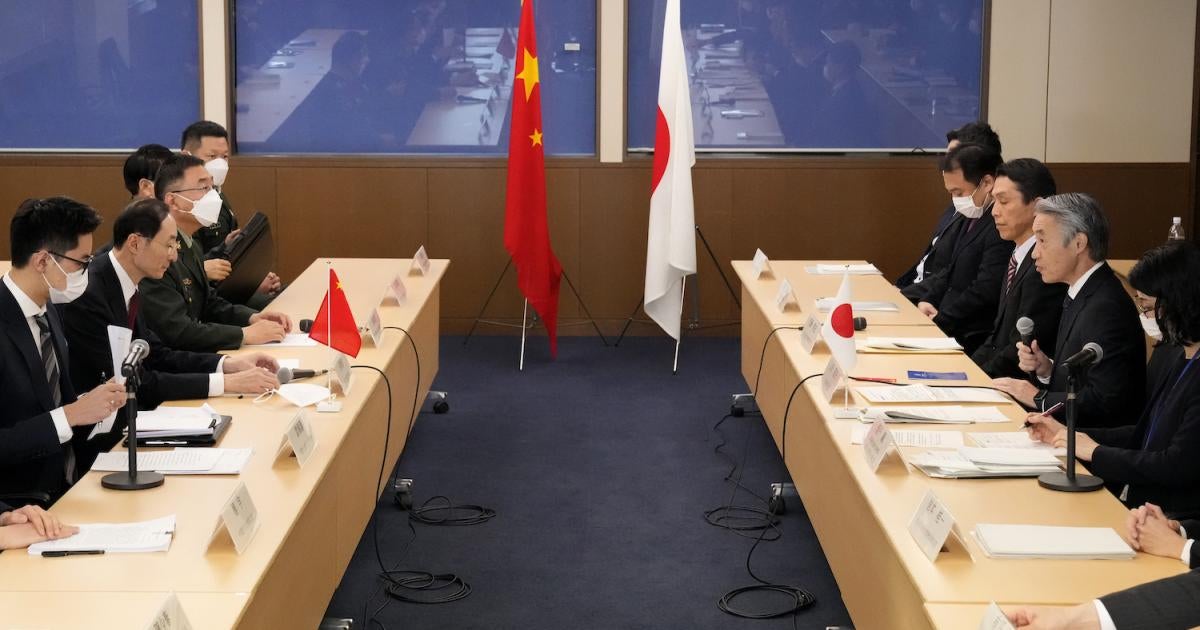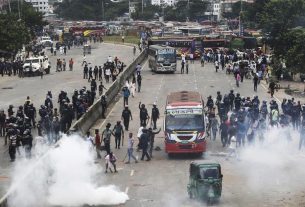Last month, Hong Kong police arrested a 23-year-old Hong Kong woman who had been studying in Japan since 2019 upon her return to the city. Her “crime”? While in Japan she had posted messages online in support of Hong Kong pro-democracy protests, according to media reports. Her arrest for “inciting secession” reflects a dangerous trend by Hong Kong authorities to arrest and prosecute people for exercising their rights to free expression outside of the city.
In the past year, the Japanese government has become increasingly vocal about the Chinese government’s human rights violations. In February 2022, Japan’s House of Representatives approved a resolution highlighting abuses in Xinjiang, Hong Kong, Tibet, and Inner Mongolia. In December, Japan’s upper house of parliament, the House of Councilors, approved a nearly identical resolution, effectively urging Beijing to “explain” the “serious human rights situation” in a “convincing manner” to the international community.
The Chinese government, which imposed a draconian National Security Law on Hong Kong on June 30, 2020, has systematically used this law to dismantle longstanding freedoms and imprison leaders of Hong Kong’s pro-democracy movement.
The law punishes four types of activities: secession, subversion, terrorism, and collusion with “foreign forces.” All carry a maximum sentence of life in prison. The definitions of these crimes are overly broad and vague and penalize peaceful actions including speeches advocating freedom and democracy.
Police reportedly released the woman on bail but confiscated her passport while she is being investigated.
Human Rights Watch has documented Chinese government surveillance of pro-democracy students from Hong Kong in Australian universities. Many students alter their behavior and self-censor to avoid threats and harassment back home.
The Japanese government should forcefully resist the Chinese government’s encroachment on freedom of expression in Japan. Japanese officials should publicly express concerns about the arrest of the Hong Kong woman, work with allies in Asia such as South Korea to defend the rights of all people in Hong Kong and China to freedom of expression, and enact a Japanese version of the Magnitsky human rights sanctions regime, which would allow the Japanese government to impose travel bans and asset freezes on those responsible for serious human rights abuses.


